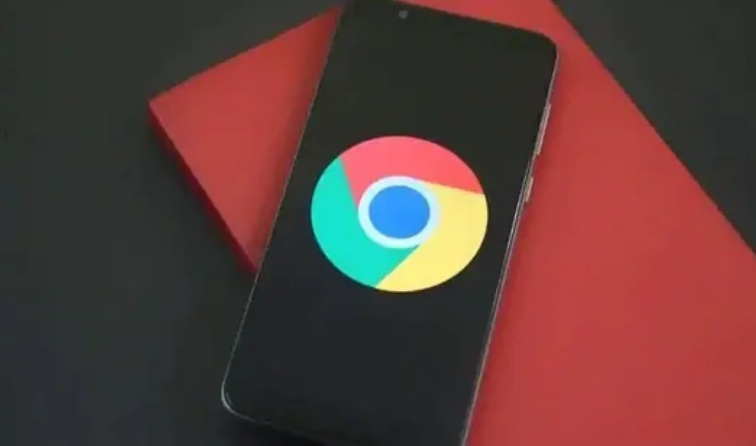Google Chrome update brings password-less Passkey login support
New York: Passkey support has been included in an update of Google Chrome for Android, macOS and Windows 11. Passkeys provide users to sign into suits and apps by going through an authenticity procedure which is similar to unlocking a device. It has been designed in order to offer a secure alternative to the traditional password system and two-factor authentication methods. It is also designed for different operating systems and browser ecosystems, with ones created in Safari on macOS, on iOS, Chrome on macOS and Windows. According to a blog post by Google it currently uses local device storage for storing passkeys.
The passkeys created in Chrome for Windows will currently not be made available across devices because it uses Windows Hello for storage. A QR code is required to be scanned by the users through another device that already has a passkey in order to avail passkey creation on the local Windows device at the time of signing into a website in the beginning.
Passkey generation on macOS will also not be made available across every device because they are stored locally. Scanning a QR code for the first time of signing in is mandatory on Chrome for macOS in order to enable passkey registration.
Passkeys creation for iOS 16 and iPad 16 will be made available for all Apple device users which can be used by other apps and browsers. iCloud Keychain will store the passkeys on the devices. But it was also said that Chrome on iOS 16 and iPadOS 16 do not support passkey autofill.
The Android Developers Blog earlier said that it will roll out to all users later this year. The search giant began rolling out this passkey support in October this year and now it is made available on Google Chrome’s stable channel version number 108.



Comments are closed.